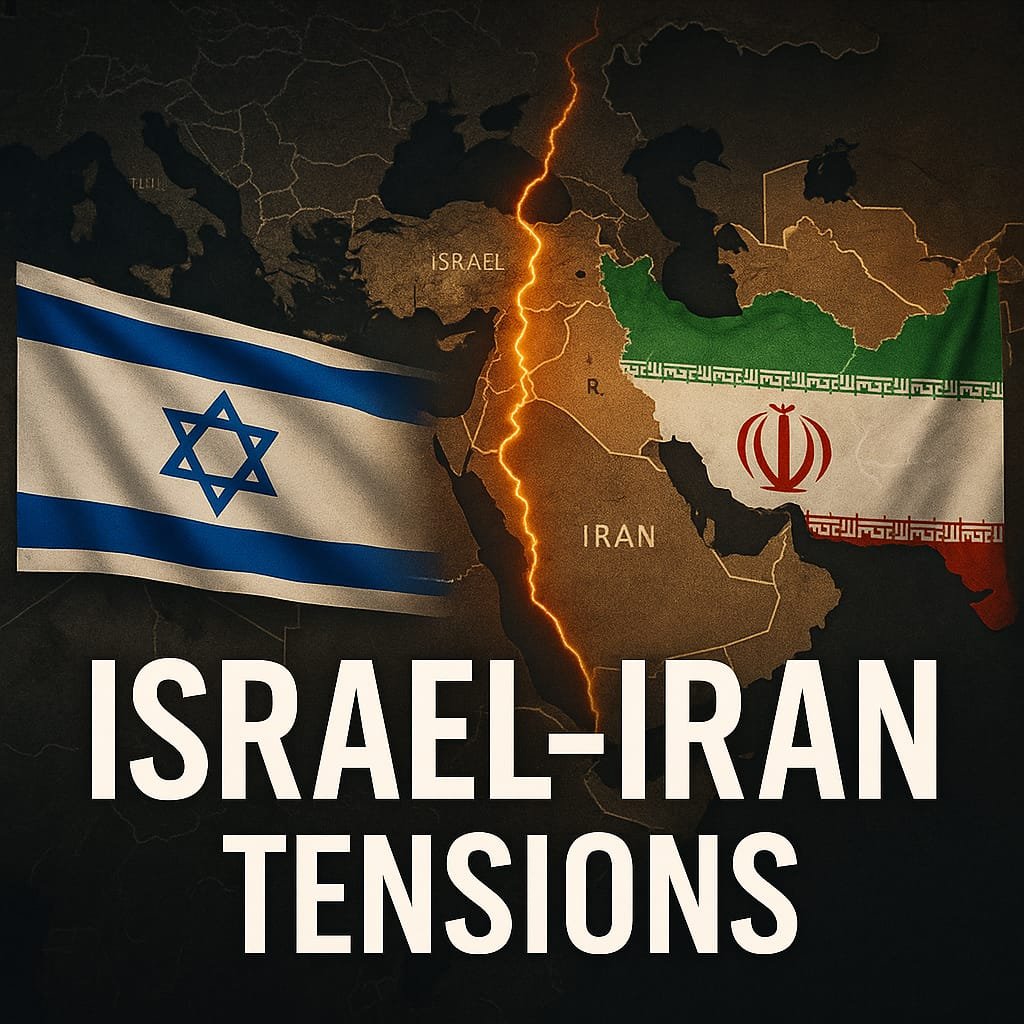✍️ Introduction
Two of the most influential countries in the Middle East—Israel and Iran—have been rivals for decades. Their conflict is not just political or military; it's deeply rooted in religion, ideology, and regional dominance. In this blog post, we’ll explore the history of their rivalry, the key reasons behind the tension, and what the situation looks like in 2025.
A Brief History of the Israel-Iran Rivalry
🕰️ 1. The 1979 Iranian Revolution
Before 1979, Iran and Israel had friendly diplomatic relations and were close allies of the United States. But after the Islamic Revolution led by Ayatollah Khomeini, Iran became a religious republic and cut off all ties with Israel, labeling it an "illegitimate state."
🤝 2. From Friends to Foes
Post-revolution, Iran positioned itself as a strong critic of Israel, supporting Palestinian resistance movements and opposing any recognition of Israel’s sovereignty.
Why Are They at Odds?
⚠️ 1. Iran’s Nuclear Program
Israel sees Iran’s nuclear ambitions as its biggest existential threat. Iran claims its nuclear program is peaceful, but Israel—and many in the West—fear that Tehran is secretly developing nuclear weapons.
🚀 2. Support for Hezbollah and Hamas
Iran provides military and financial aid to groups like Hezbollah in Lebanon and Hamas in Gaza, both of which are arch-enemies of Israel. This support adds fuel to the fire.
🌐 3. Power Struggle in the Middle East
Both nations are vying for regional influence. Iran leads the Shia Muslim bloc, while Israel aligns with Sunni Arab powers like Saudi Arabia and the UAE. This rivalry plays out across multiple fronts, including Syria, Iraq, and Lebanon.
Recent Developments (2024–2025)
🧑💻 1. Cyber Warfare & Covert Attacks
In 2024, both nations intensified cyberattacks on each other. Israel reportedly targeted Iran’s nuclear facilities, while Iran allegedly hacked into Israeli infrastructure systems.
✈️ 2. Syria—The Proxy Battlefield
Iran maintains military bases in Syria, which Israel frequently targets with airstrikes. These skirmishes risk triggering a full-scale war at any time.
🕊️ 3. Diplomatic Talks—A Distant Hope
Some countries, like China and Russia, have tried to mediate, but so far, no serious diplomatic breakthrough has occurred.
Could a War Break Out?
Many analysts warn that a direct war between Iran and Israel could quickly escalate into a regional or even global conflict. The United States, Russia, and Arab nations could be drawn in, making the situation extremely dangerous.
Conclusion
The Israel-Iran conflict is more than just a rivalry between two nations—it's a potential flashpoint for the entire Middle East. As tensions grow and new threats emerge, the world must act through diplomacy and dialogue to prevent disaster.




